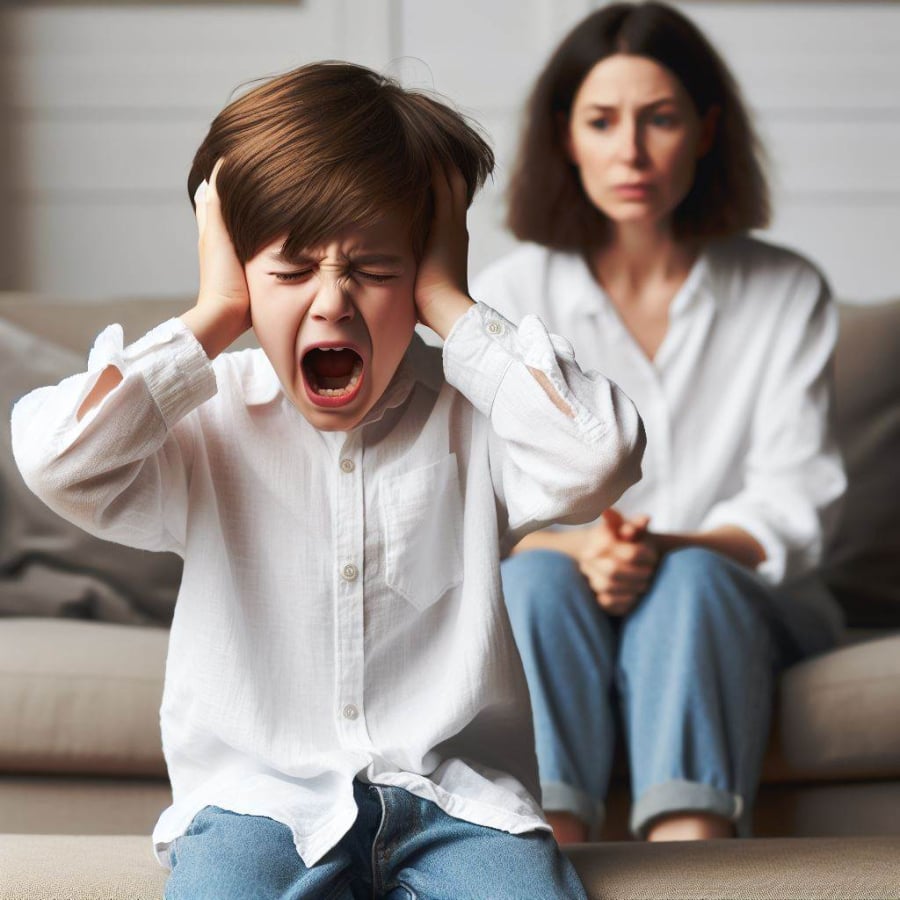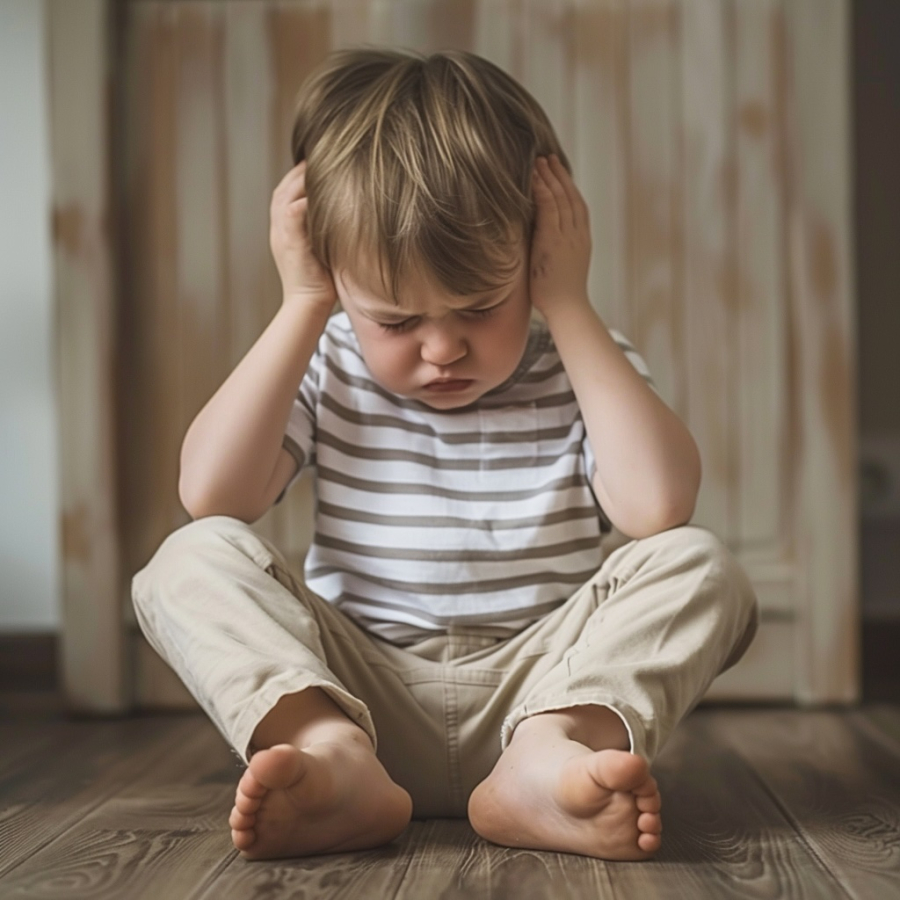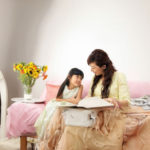“Do not underestimate the anger of children!” – That is the advice from Caitlin Slavens, an experienced child psychologist with over a decade of experience, living in Lethbridge, Canada. Slavens emphasizes that anger – a complex and often seen as negative emotion – is not always a bad thing. Children often struggle to control this emotion, but what is important is for parents to understand and guide their children in handling it in a healthy way.
A child’s outburst of anger can be a powerful message to parents: ‘I am being violated, I am being hurt, I am not being treated fairly.’ Sometimes, instead of reacting, what parents need to do is listen and empathize with the emotions their children are experiencing.
Caitlin Slavens shared 3 phrases she wishes many parents would say to their children when they are angry or upset.
“Mom sees that you are angry about this and mom can understand why you feel that way”

For young children, anger is a terrifying experience
For adults, anger may just be a minor issue that will soon pass. But for children, it is an overwhelming state of emotion, a terrifying and unfair experience. The important thing is for children to know that their parents are listening and understanding them.
When children feel understood and supported by their parents, they will be better able to adjust and manage their emotions.
“Mom cares about how you feel and will help you get through this. What can we do now?”
This is a strong affirmation of a mother’s love and constant concern for her children. It clearly reflects the mother’s sensitive awareness of the difficulties her child is facing and the need for support from the parents.
With the statement “What can we do now,” the mother opens up a new direction, an invitation to search for solutions together or provide the necessary support for the child.

Physical activities help children release their anger
To help children release their anger, psychologists advise parents to encourage their children to engage in physical activities. Activities such as drawing, running, or any other activity that can help children feel comfortable and entertained can be effective methods to redirect their anger.
When struggling to find ways to help a child feel comfortable and happy, psychologists recommend that parents directly ask their child. This not only helps parents understand better what their child likes, but also allows the child to express their emotions and desires.
“How big is your anger right now?”
When parents ask “How big is your anger right now?”, they are expressing their deep concern for their child’s emotional state. This is a way for parents to gain a better understanding of the level and intensity of the anger their child is facing.
This statement is part of a technique that Caitlin Slavens, a renowned child psychologist, often advises parents to use to help their children express their emotions. For children, especially emotionally sensitive ones, acknowledging that they are experiencing negative emotions is often a challenge.

To teach children how to control anger, parents need to be role models
This question not only shows the adult’s deep concern for the child’s emotional state, but also reflects their desire to understand their child’s feelings better. Assessing the level of a child’s anger not only helps adults have a more comprehensive view of the situation, but also guides them in finding appropriate ways to support the child in dealing with their anger.
To teach children how to control their anger, parents need to be role models. This is not only based on advice, but also requires practical demonstration. When parents can maintain their calmness in moments of anger, children will learn valuable lessons from observing their parents’ actions.
The difference between children who like to argue back and those who never argue back when they grow up.
 children who like to argue back and those who never argue back when they grow up.’>
children who like to argue back and those who never argue back when they grow up.’>Different environments shape different children. Some parents will find their child to be argumentative, always ready with a counterargument if you say something, they will have plenty of words waiting for you to refute them; they often act like a talkative person.




































